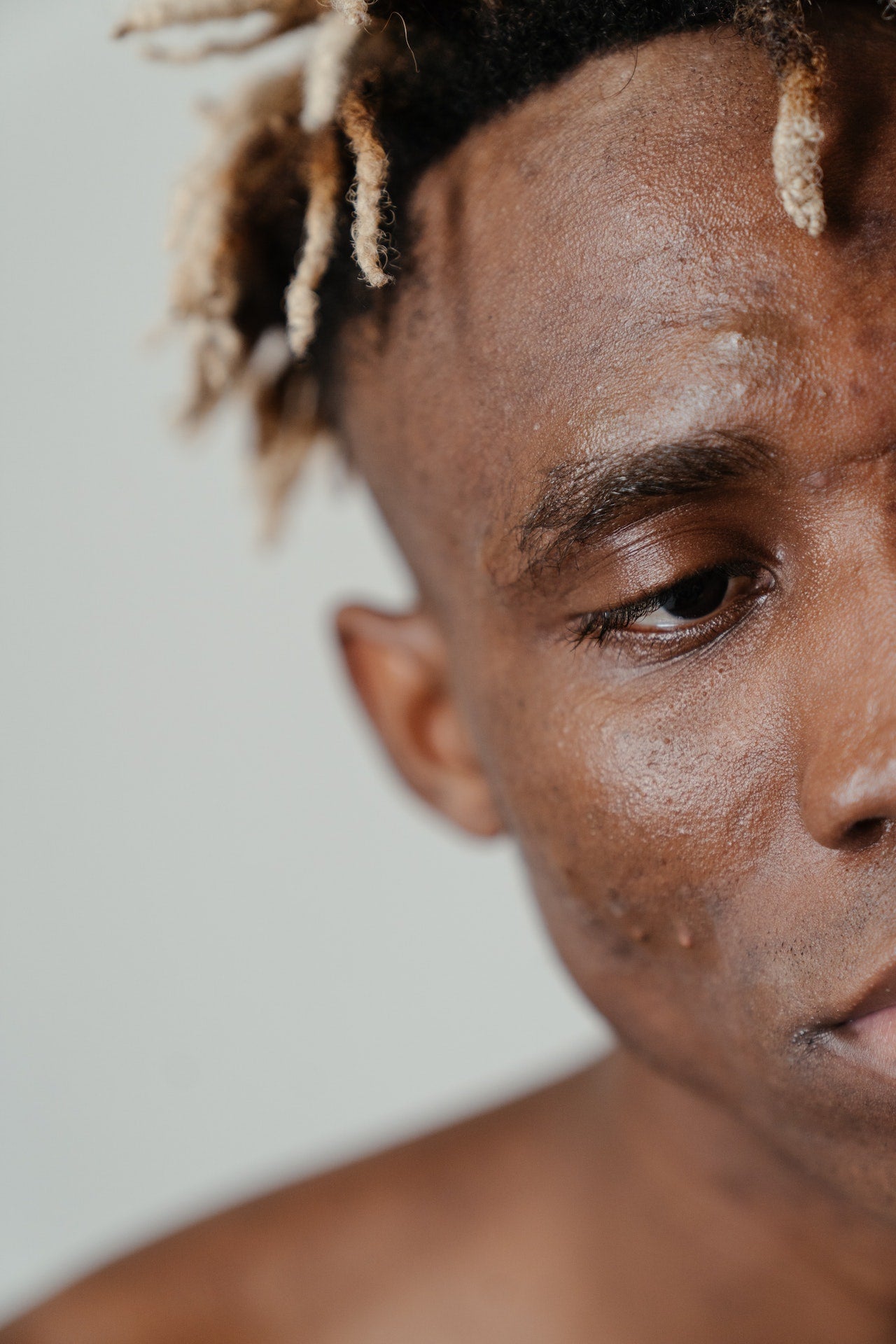How to Get Rid of Acne Scarring on Black Skin: A Comprehensive Guide
Acne is a common skin problem that affects many people, but the issue is particularly challenging for those with black skin. Acne on black skin can leave behind scars that are not only difficult to treat but also more noticeable due to the higher level of pigmentation. If you are struggling with acne scars on your black skin, you're not alone. In this comprehensive guide, we will explore the causes of acne scars on black skin and provide effective ways to treat them.
Understanding Acne Scarring on Black Skin
Acne scars occur when the body produces too much or too little collagen as a response to inflammation. On black skin, acne scars can appear as dark spots, hyperpigmentation, or keloid scars, which are raised and unevenly textured. Keloid scars are more common in people with black skin and can be more challenging to treat. It's essential to understand the types of acne scars on black skin to determine the most effective treatment.
Treating Acne Scars on Black Skin
- Exfoliate Regularly
Exfoliation is essential for removing dead skin cells and promoting cell regeneration. For black skin, using a gentle exfoliating cleanser once or twice a week can help fade acne scars over time. Chemical exfoliants like alpha-hydroxy acids (AHAs) and beta-hydroxy acids (BHAs) are effective at removing dead skin cells and reducing hyperpigmentation.
- Use Products with Vitamin C
Vitamin C is a potent antioxidant that can help brighten and even out skin tone. It's also effective at fading acne scars and promoting collagen production. Look for skincare products with vitamin C, such as serums and moisturizers.
- Try Microneedling
Microneedling is a cosmetic procedure that involves using a derma roller to create tiny micro-injuries in the skin. This process stimulates collagen production and can help fade acne scars over time. It's important to seek out a licensed professional to perform this procedure to avoid complications.
- Consider Laser Treatments
Laser treatments can be effective at treating both hyperpigmentation and keloid scars. These treatments use targeted wavelengths of light to break up pigmentation and promote collagen production. It's important to consult with a dermatologist to determine the best laser treatment for your skin type.
Preventing Acne Scars on Black Skin
Prevention is always better than treatment when it comes to acne scars. Here are some tips to prevent acne scars on black skin:
- Avoid picking at acne lesions
- Use gentle skincare products
- Wear sunscreen daily to protect against sun damage
- Consult with a dermatologist for personalized treatment options
In Conclusion
Acne scars on black skin can be challenging to treat, but with the right approach, you can achieve smoother, clearer skin. Whether you opt for at-home treatments like exfoliation and vitamin C, or seek out professional treatments like microneedling and laser therapy, it's essential to be consistent and patient. Remember to take preventative measures to avoid further scarring and consult with a dermatologist for personalized treatment options. With a little effort and the right treatment, you can achieve the clear, healthy skin you deserve.


